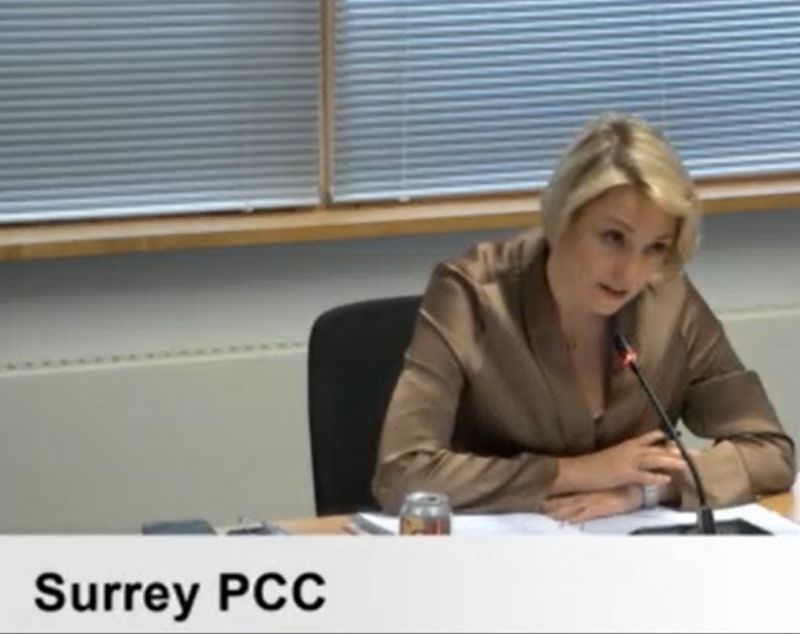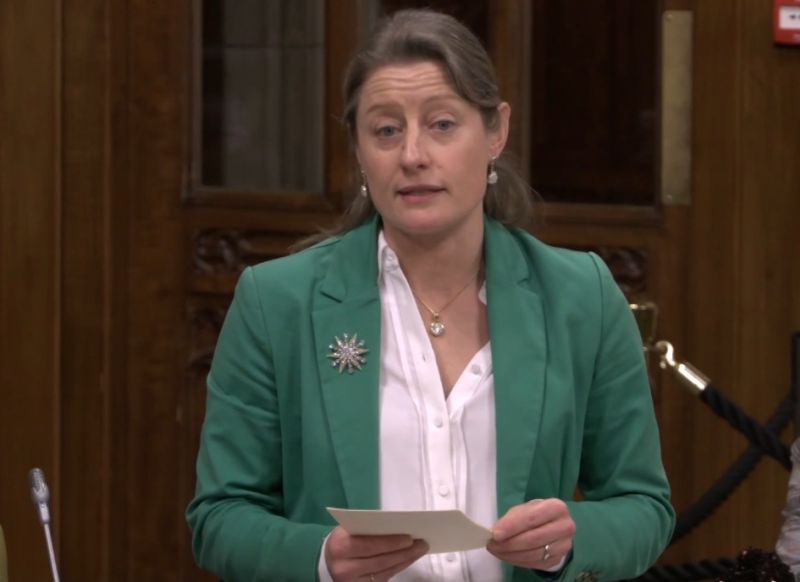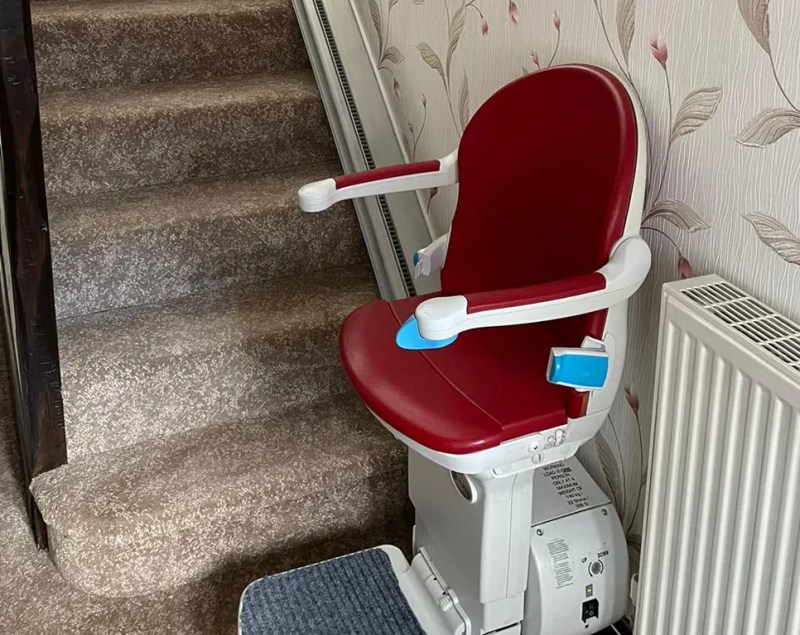Improving housing improvements for the vulnerable
10th October Epsom and Ewell Council’s Community and Wellbeing Committee agreed a Revised Private Sector Housing Grants Assistance Policy to Expand Support for Vulnerable Residents.
The item was introduced by committee Chair Cllr. Clive Woodbridge (RA Ewell Village). In response to updated central government guidelines, the local Council is poised to adopt a more flexible and proactive approach to assist a broader range of households through its revised Private Sector Housing Grants Assistance Policy. The move comes as a result of increased funding for the Disabled Facilities Grant (DFG) program via the Better Care Fund. This additional funding has enabled the Council to harness the powers under the Regulatory Reform Order 2002 (RRO) to introduce a Discretionary Private Sector Housing Grants Assistance Policy, aiming to provide support for vulnerable residents.
The existing policy has proven effective in the past but is now undergoing revision as the Council finds itself with a significant surplus of DFG funds, providing an opportunity to extend its assistance further. Notably, central government’s guidance, released in March 2022, has directed the Council to utilize the discretionary powers within the RRO to meet the needs of disabled and vulnerable individuals in the community more comprehensively. This flexibility includes adaptations to means test requirements and grant caps, while also offering discretionary financial aid for purposes such as home safety and hospital discharge support.
The Council’s objective is to ensure equitable and accessible financial support reaches a wide array of residents. To achieve this, a revised policy is being proposed to accommodate an increased number of vulnerable residents.
Background:
- The Council’s responsibilities concerning financial assistance for repair and adaptations are regulated by the Housing Grants, Construction, and Regeneration Act 1996 and the Regulatory Reform (Housing Assistance) (England and Wales) Order 2002 (RRO).
- The Private Sector Housing Grants Assistance Policy was first introduced in 2018.
- The Council annually receives ringfenced central government funding for DFGs, totaling £785,282 in the last three years. Local authorities are encouraged to maximize the use of their discretionary powers under the RRO to respond to local needs, necessitating the formulation of a published policy.
- In the fiscal year 2022/23, the Home Improvement Agency collaborated with various organizations to enhance the promotion of their services and grants, leading to the completion of 43 DFGs worth £616,000 for a wide range of adaptations, including level access showers, stairlifts, ramps, and wheelchair accessible extensions. The handyperson service completed 241 jobs, addressing needs such as grab rails, minor repairs, and garden clearances.
- The integration of services between Housing, Social & Adult Care, and the National Health Service aims to support vulnerable households in remaining in their homes whenever possible.
- Poor housing can be a significant barrier for vulnerable, elderly, and disabled individuals, contributing to immobility, social exclusion, ill health, and depression. Housing assistance policies can mitigate these challenges by enabling people to live independently in secure, well-maintained, and suitable housing.
Proposed Policy Changes:
The Council’s revised policy includes several notable changes to better support residents:
- Broadened eligibility criteria, including the removal of means test requirements for prevention grants and the inclusion of council tax support as a passporting benefit to streamline access.
- A more flexible application process and forms.
- A new exceptions clause for individualized case handling.
- An increased maximum grant level to account for rising construction costs and complex needs.
- Assistance extended to those with terminal illnesses and dementia.
- Introduction of loans from the Parity Trust for cases requiring additional funds or where grant requirements aren’t met.
- Accessible housing grants to meet the growing demand in the housing market for disabled individuals who are either homeless or in need of more suitable properties.
- Addition of a prevention grant to enhance health and safety in homes in alignment with the NHS and Social and Adult Care.
The Council’s commitment to expanding its support through this revised policy reflects its dedication to fostering safer, more accessible housing options for vulnerable residents.
The revised policy was unanimously agreed by the committee.




















